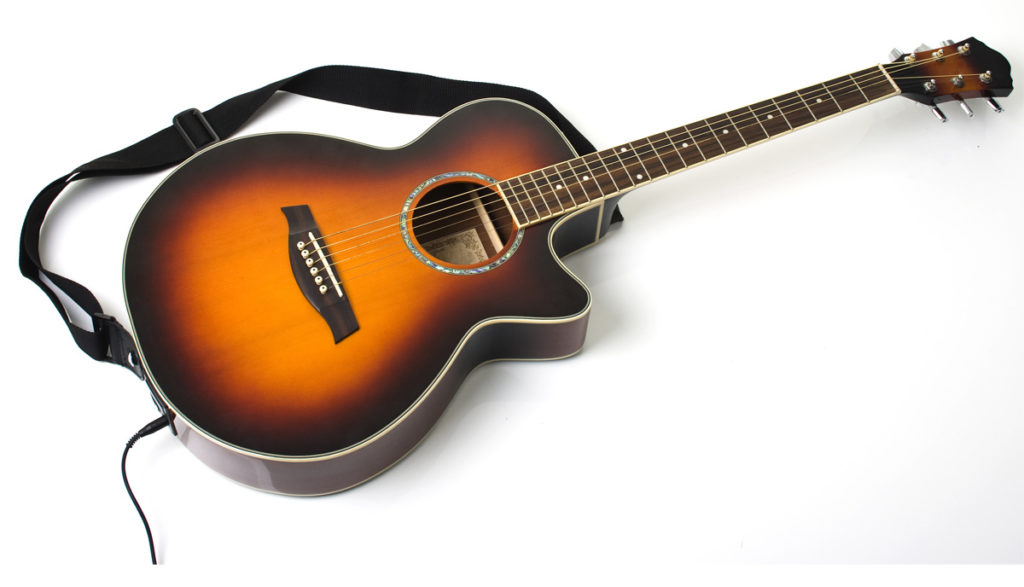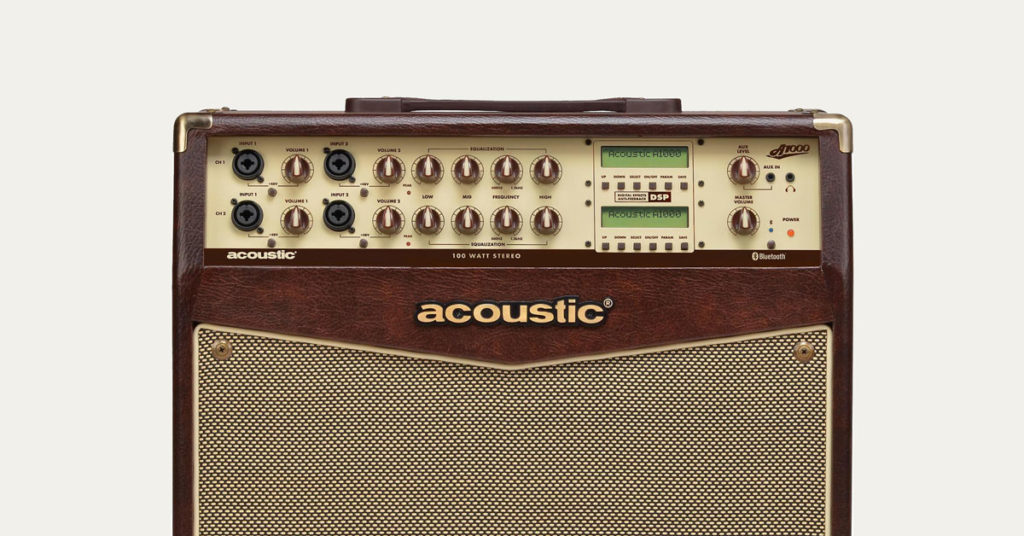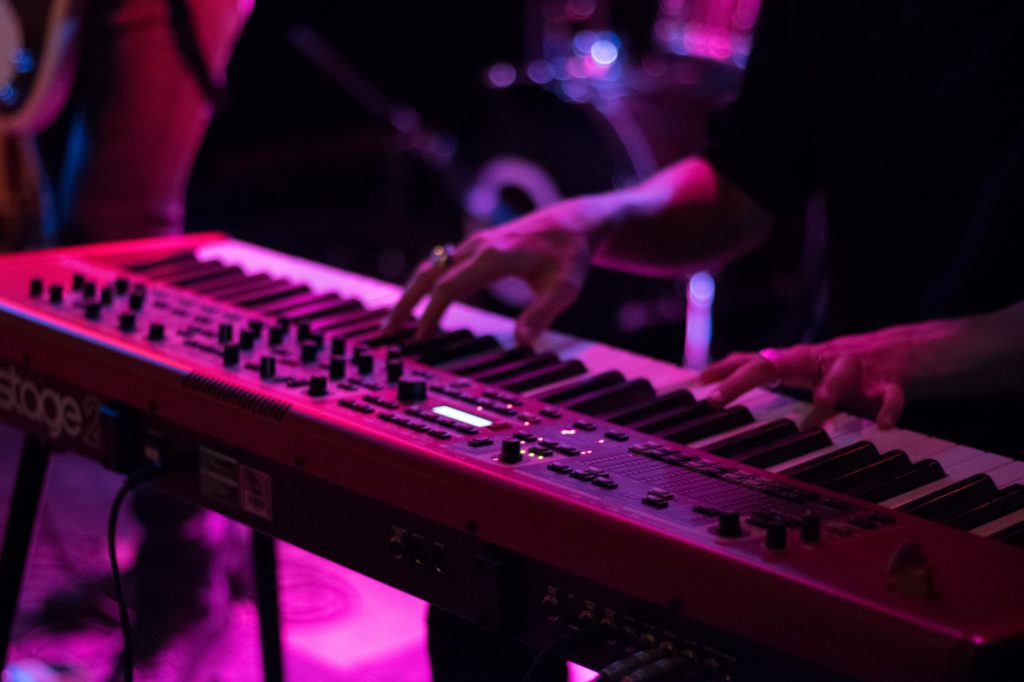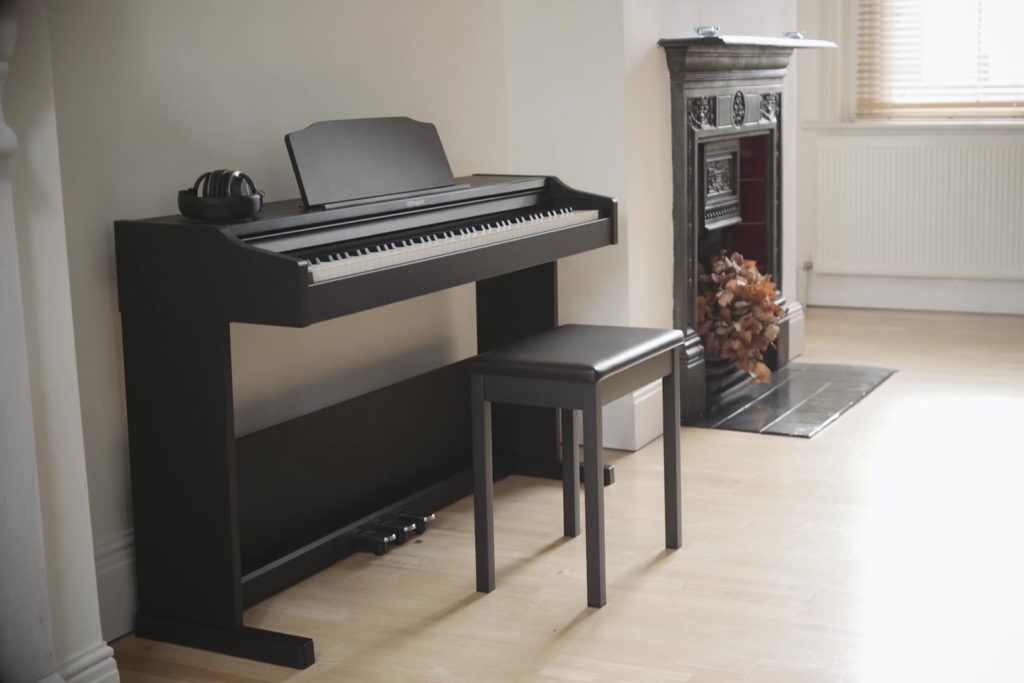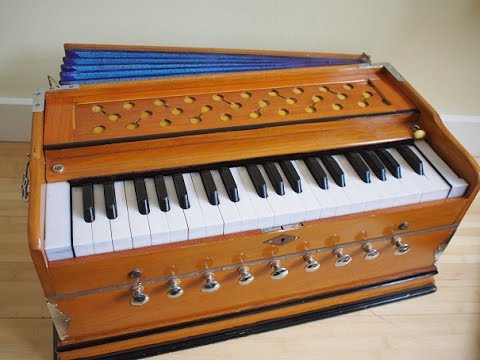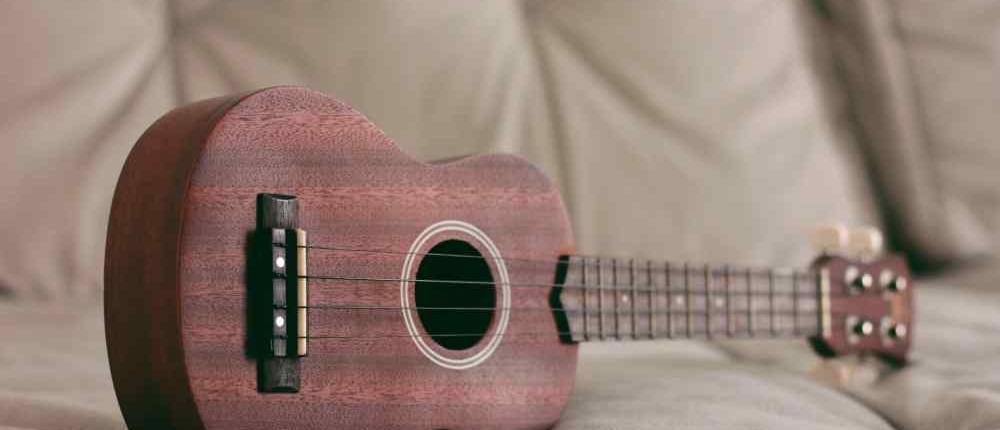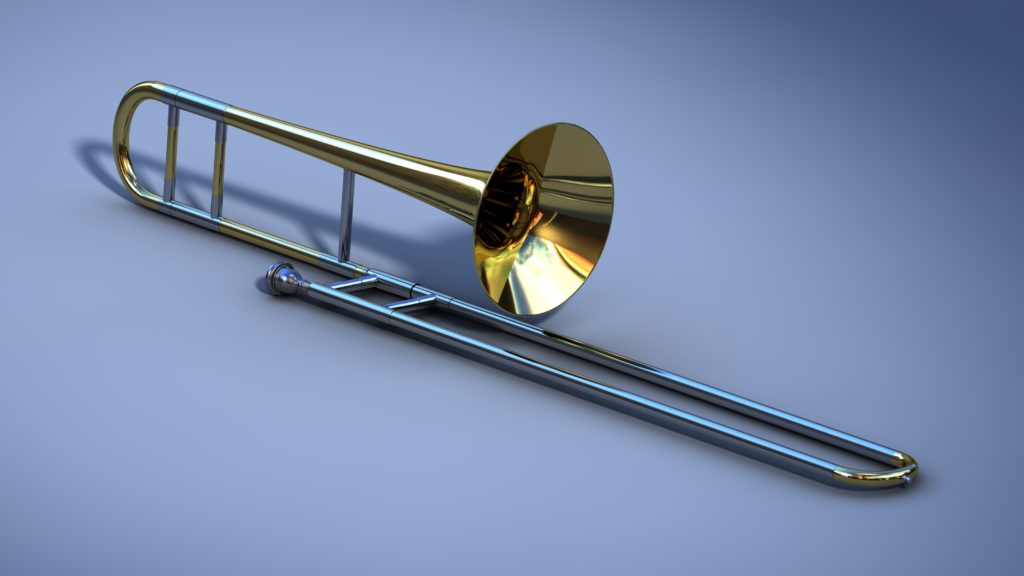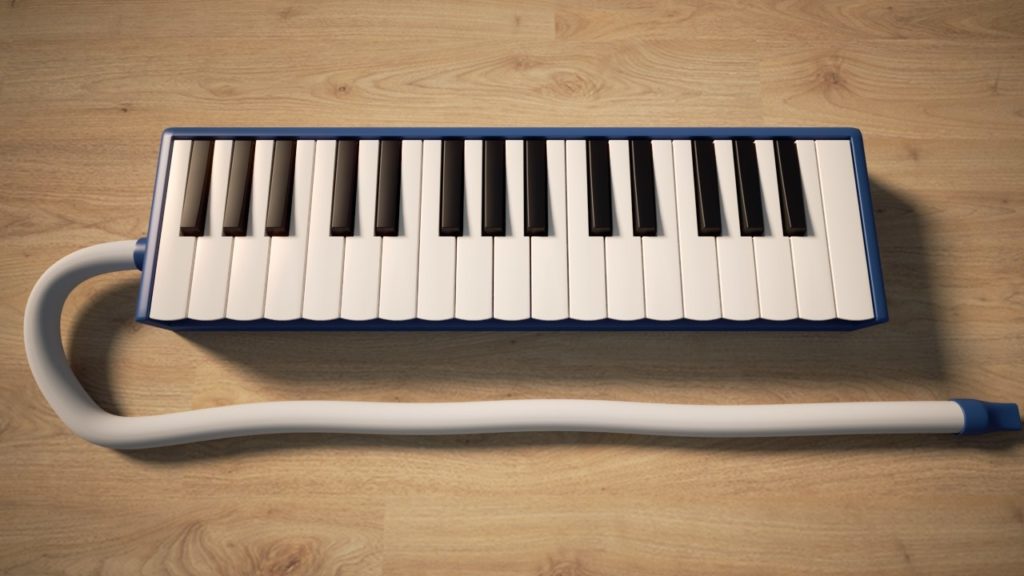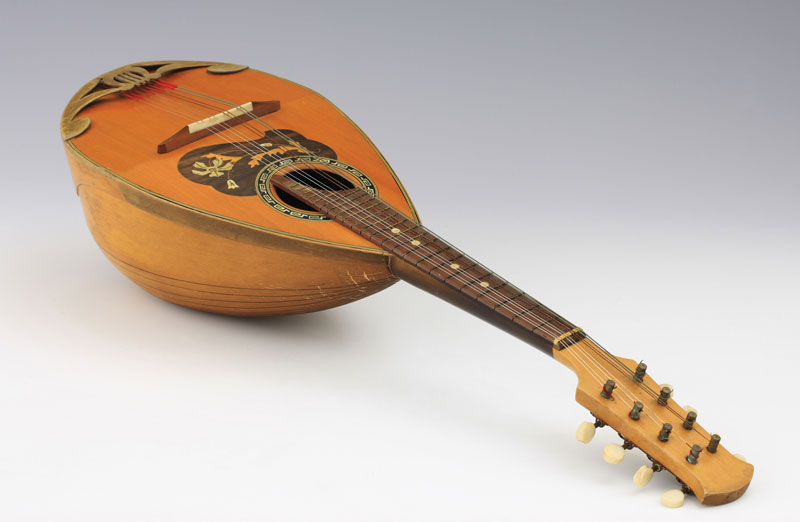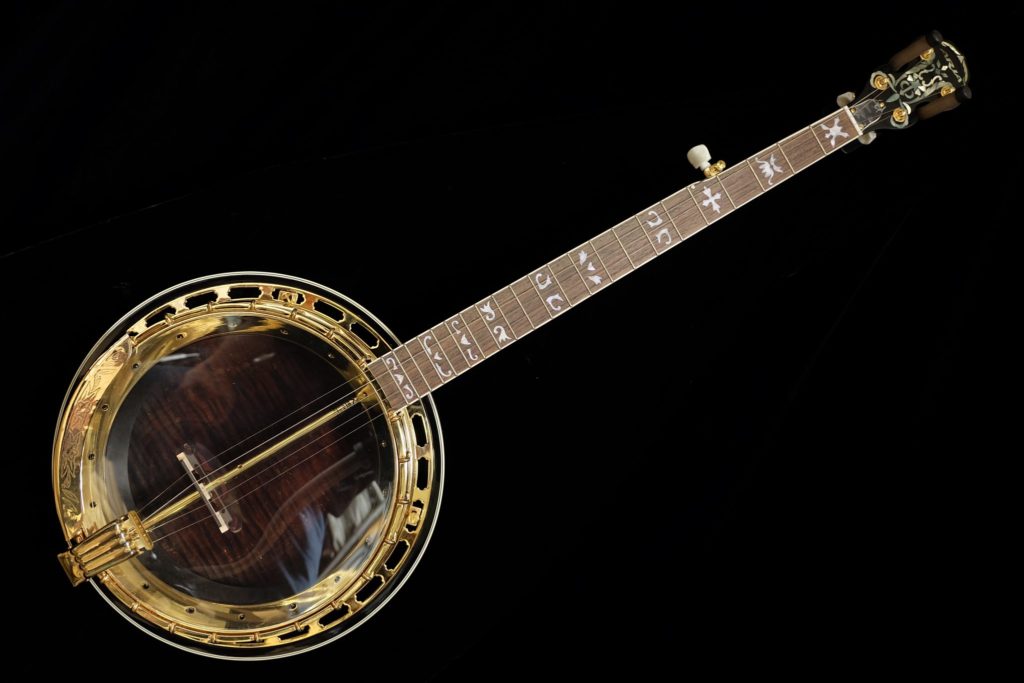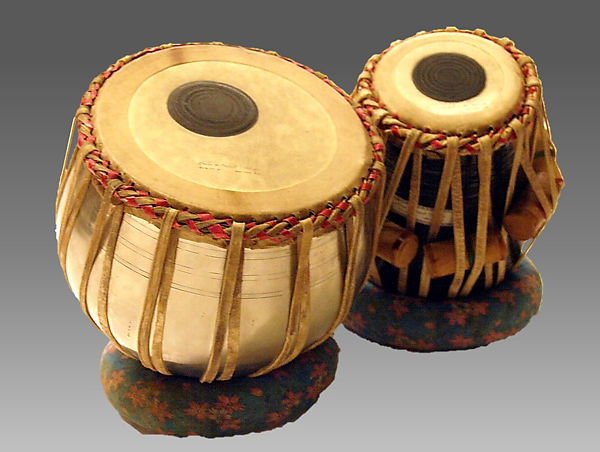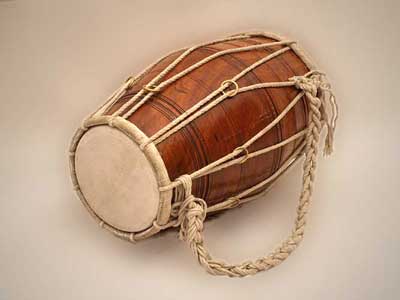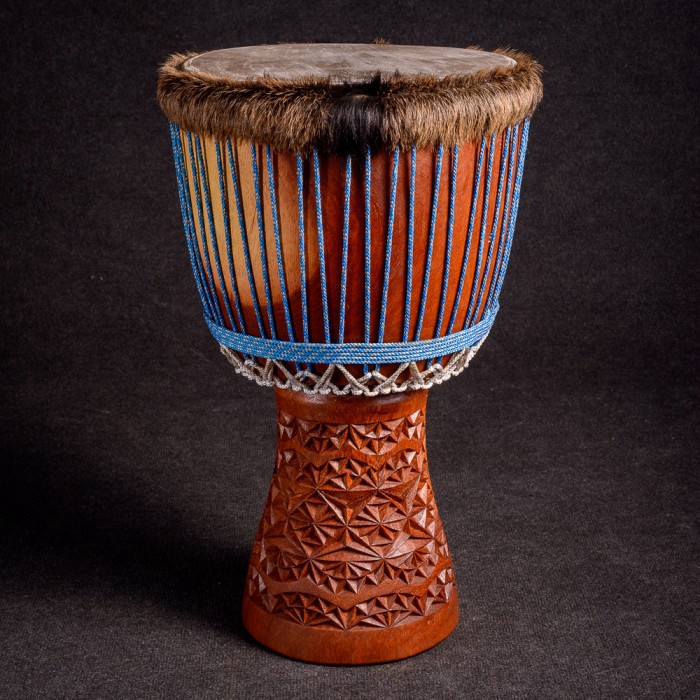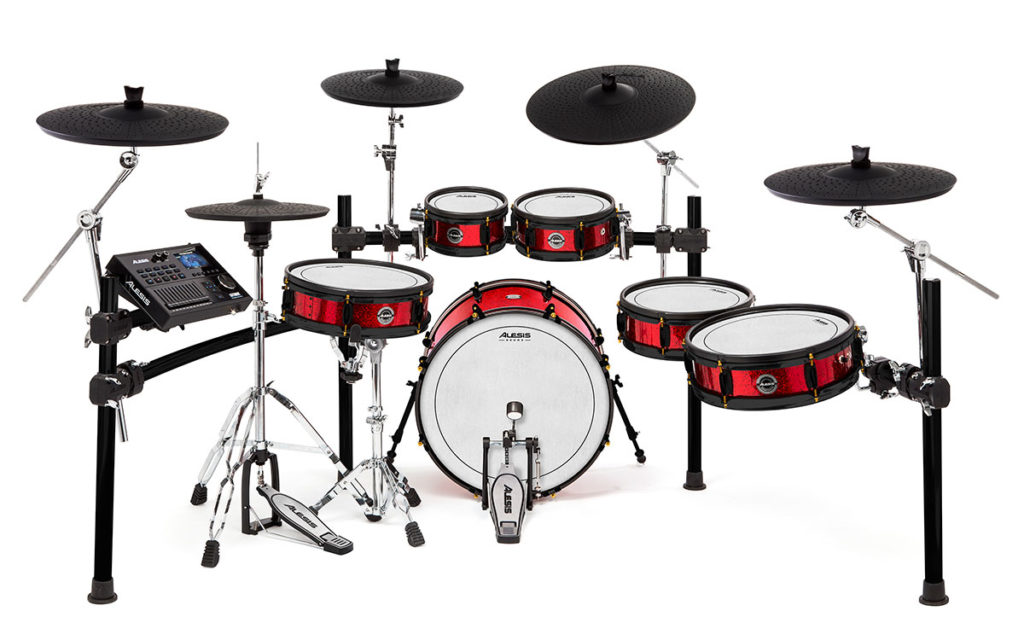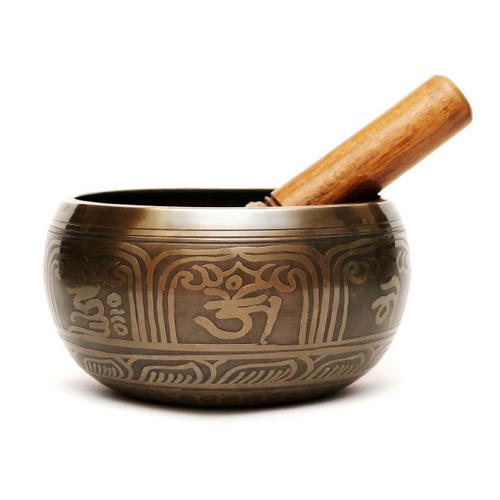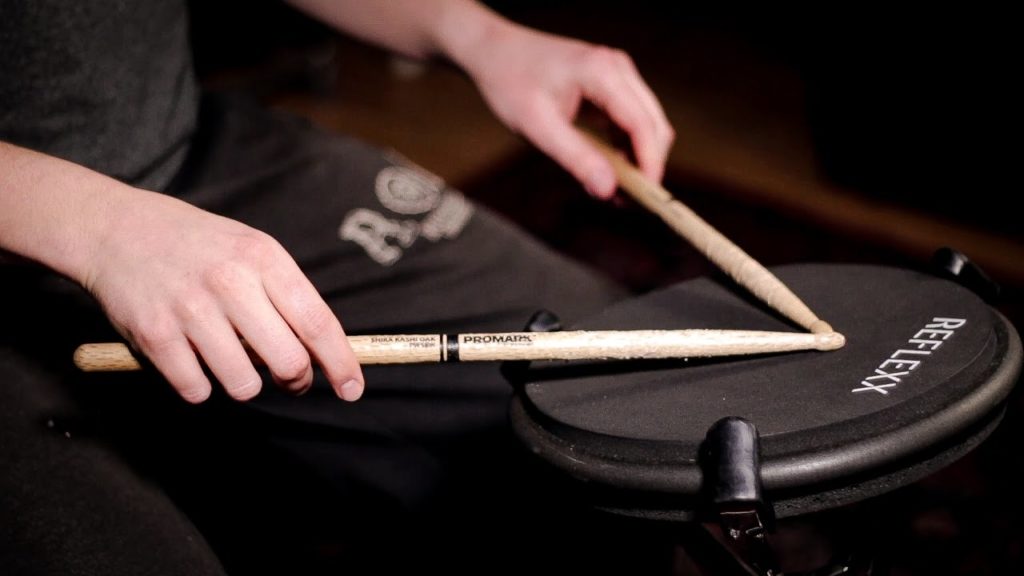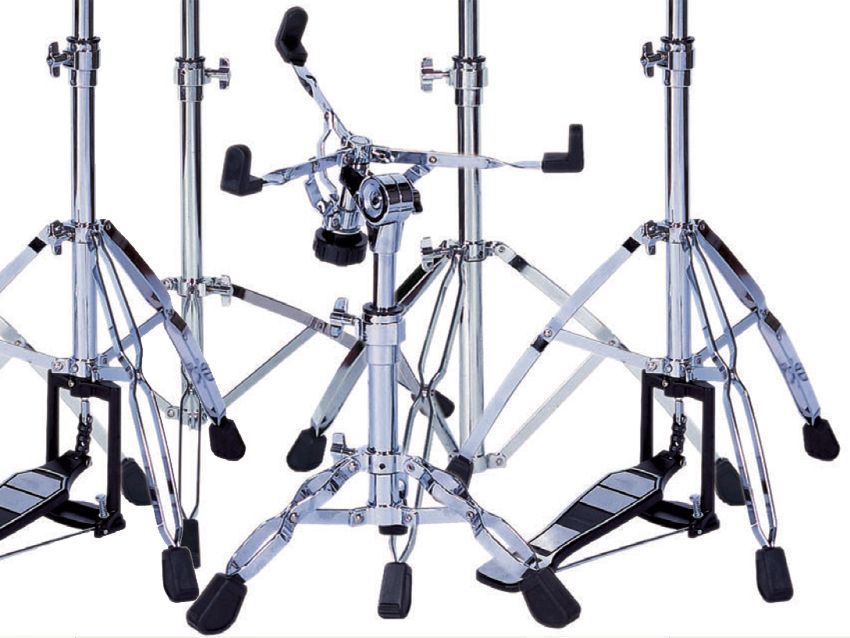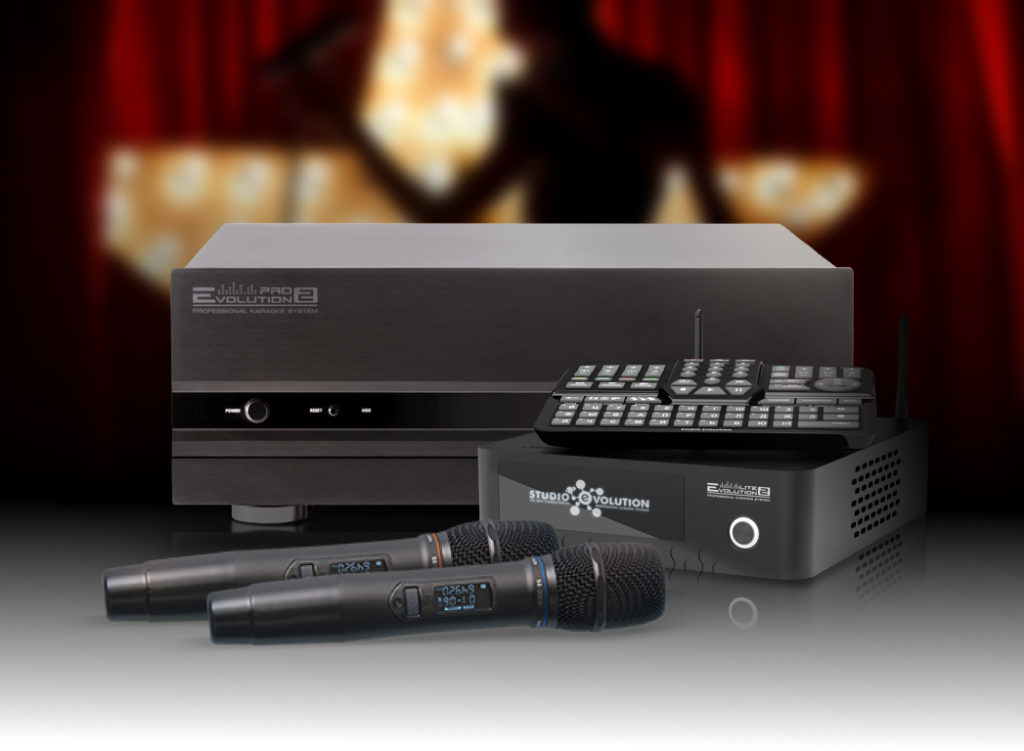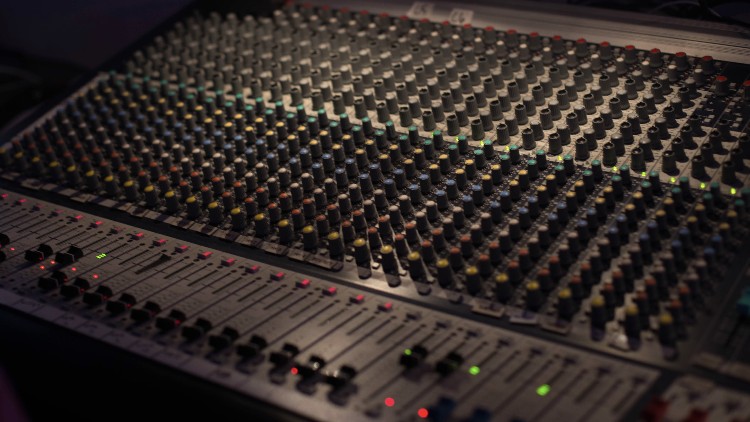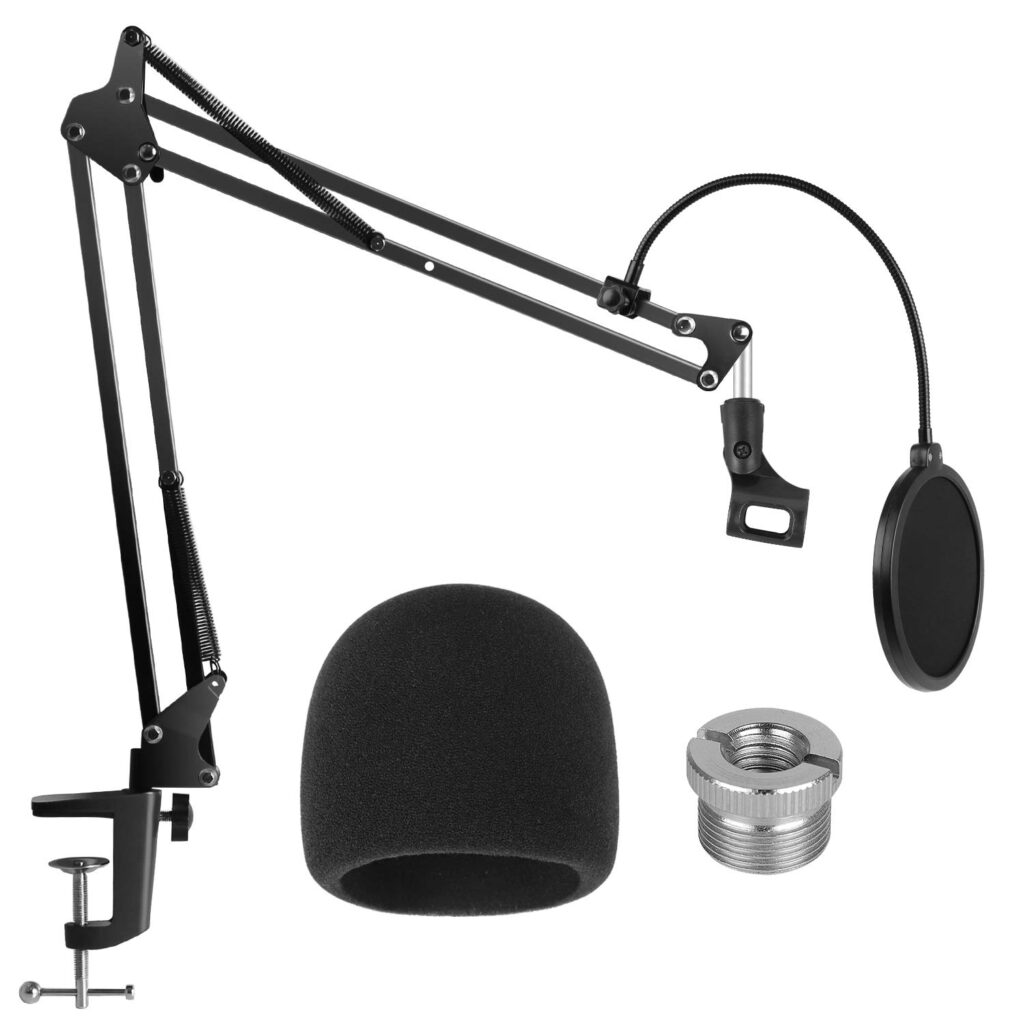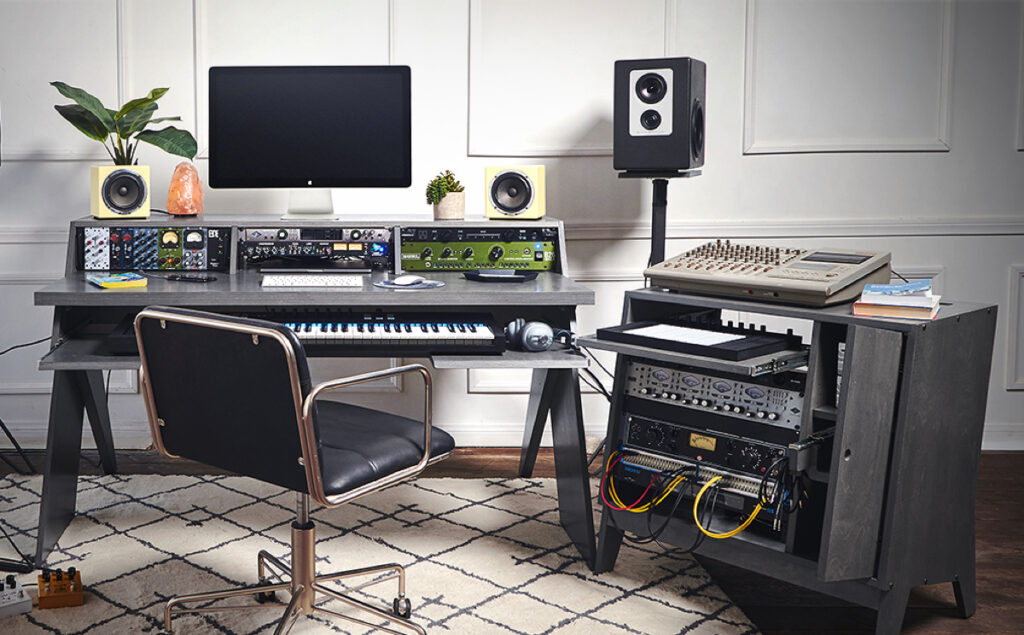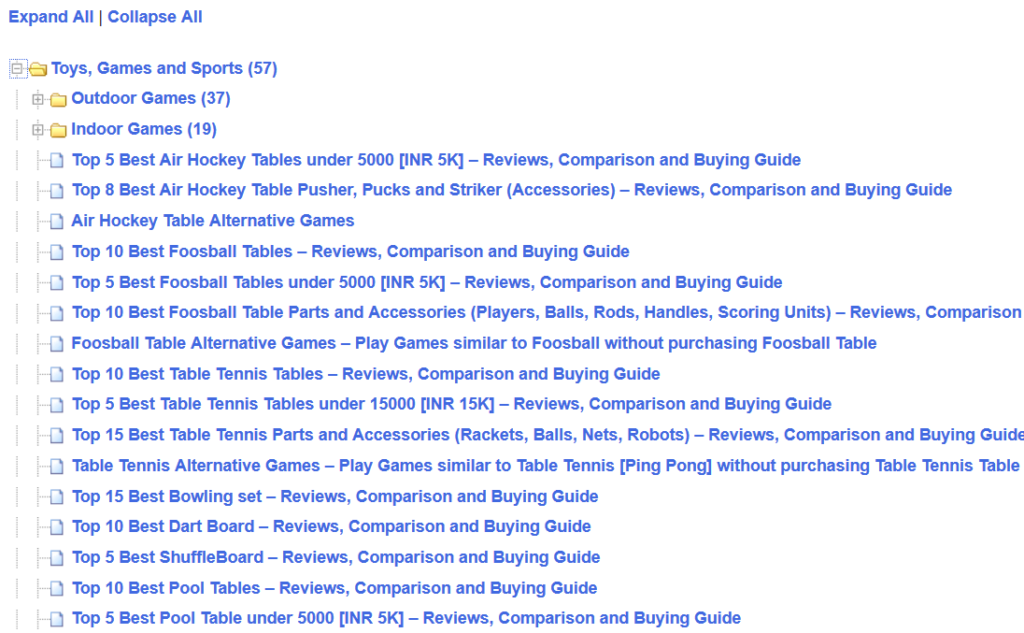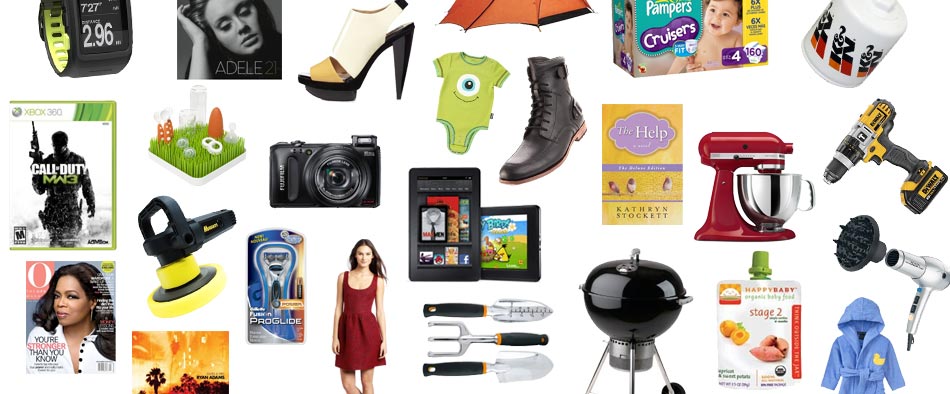Best Trumpet
Top 5 Best Trumpet | Apr 2024
Reviews, Comparison and Buying Guide

What is Trumpet?
The trumpet is a brass instrument commonly used in classical and jazz ensembles. The trumpet group ranges from the piccolo trumpet with the highest register in the brass family, to the bass trumpet, which is pitched one octave below the standard Bb or C Trumpet.
Why Trumpet?
In addition to the loudness, there are multiple reasons that make the trumpet very versatile. It is small and easy to carry. You don’t need much to play it, just a mouthpiece, the horn, and yourself, as opposed to an electric guitar which needs amps and a power cord. They are also sturdy. Unlike violins, which you’re not supposed to play outside, the brass the trumpet is made of can weather cold, hot, snowy, windy, rainy, almost anything. If you bang a guitar against something, the strings will probably break, whereas trumpet still plays just fine. Also, not only can it play loud enough for any type of venue, it can also play soft enough for any type of venue. If you think trumpets can only be loud, then the trumpet players you’re listening to aren’t very good. The trumpet’s dynamic range is flexible enough to be able to play almost anywhere, from a church, to a rock concert, to an orchestra, and more. The dynamic range, the smallness of the instrument, and the fact that you only need the trumpet to play, and not a bunch of other equipment, means that you will find trumpets in almost any ensemble. I have played in a rock band, multiple jazz bands, solo, in a duet, in a trio, in a wind ensemble, with a piano, in several orchestras, several bands, and even as accompaniment to a choir. You will find trumpet players in these groups, and many more. So, trumpet players have a wide range of playing opportunities available to them.
Best Trumpet | Buying Guide : Things to consider while buying a Trumpet
When faced with the task of selecting a new trumpet, you’ll find that there are many factors to consider. And while it’s great to have options, this can make the decision confusing for buyers—even those who have experience with a particular type of trumpet.
That’s why we’ve put together this guide to help you choose the right trumpet for your needs. You’ll find explanations of all the different trumpet types and some tips on what to look for in an instrument.
Trumpet Basics
Before you select a trumpet to purchase, it is important to understand the key pieces that combine to form a trumpet and produce its unique sound: the bore, the leadpipe, the valves, the bell and the finish.
Bore
The bore is the inside diameter of the trumpet’s tubing measured at the second valve slide. Most players use a bore from around .458″ to .460″. Horns with larger bores can be played with more power, but require more effort. They are usually used by advanced or professional musicians. For new, and especially young players, a horn with a small bore is more appropriate because the small bore makes it easier to support a good tone.
Mouthpipe
A mouthpipe (also called a leadpipe) is the tubing that goes from the mouthpiece to the main tuning slide. It can be made of yellow brass, red brass or sterling silver. Red brass is often preferred for student trumpets because it is less susceptible to corrosion. Yellow brass requires more frequent cleaning. There is also a reversed leadpipe in which the tuning slide goes over, rather than into the leadpipe. It is a step-up feature, desirable because it decreases resistance.
Valves
Valves, or rather the valve pistons, come in a variety of metals. Nickel-plated pistons are often found in student trumpets because they are hard, durable and tolerant of infrequent cleaning. Monel pistons are another popular piston alloy. Monel is softer than nickel plate and requires frequent cleaning and lubrication to perform at its best. It is super-resistant to corrosion so it can last longer, and it wears in for a great feel. Many professional instruments have Monel pistons and so do some student instruments. More often it is considered a step-up feature of an intermediate horn. Stainless steel pistons are yet another type. They are quite good and are sometimes found in intermediate and professional horns.
The critical factor is that the valves play quickly and smoothly. This is the result of valves having been properly “lapped,” the final process of making the piston fit the cylinder. Step-up horns often have hand-lapped valves, meaning an expert has performed this finish work by hand making sure the valves work perfectly.
Bell
Bell materials also vary. Yellow brass is most common and is used in horns from student models to professional instruments. Rose brass bells are also common and impart a warmer, darker quality to the tone. Silver bells are less common and usually only found in high-grade horns. Nickel plate is another finish that once was common but is now seldom seen.
More important than the bell material is how the bell is made. The best bells are one piece, hand-hammered into shape over a mold by a skilled craftsman. It is felt that these bells vibrate more uniformly. Student and intermediate horns usually have two-piece welded bells, as opposed to the the one-piece bells found on professional horns. In recent years the technique of plasma welding has made these more like one-piece bells and is sometimes used for intermediate instruments. Bells also vary in size and taper, both of which can affect the sound of the instrument in subtle ways.
Finishes
Trumpets usually have a clear lacquer finish on a buffed brass surface. Another kind of finish is silver plate which is considered better than lacquer because it is a thinner coating compared to lacquer and allows the metal molecules to vibrate and ring more, resulting in a brighter tone. Lacquered nickel plate trumpets available in various colors as well as black can add a lot of appeal for the trumpet player who’s not wedded to traditional looks.
Trumpet Types
There are many types of trumpets, and we’ll familiarize you with their characteristics and the music genres they lend themselves to. Read on to discover the wide variety of instruments in the trumpet family.
Bb Trumpets
Bb trumpets are by far the most common in the trumpet family. With a warm tonal quality that blends nicely with ensembles of all types, the Bb trumpet is widely used across virtually all types of music, from classical to modern pop and jazz.
Bb also is the most common tuning for beginning students, as there is a large body of written music and instructional material available for the Bb instrument.
To make shopping simpler and help you hone in on the trumpet that matches your skill and budget, you can select from student, intermediate, or professional models collections.
Student Bb trumpets
Most trumpet manufacturers make a number of models designed specifically for players who are new to the instrument. These beginning-level instruments are constructed to be both affordable and durable, and they often include features that make them easier and more fun for new students to play. For instance, the smaller bore on a beginning trumpet makes it easy to get a full sound from the trumpet without requiring too much effort.
Intermediate Bb trumpets
More advanced students might find beginning-level trumpets to be limiting. As such, trumpet makers design intermediate instruments that incorporate some advanced features to help developing players get a richer sound from their instruments—without the cost required for a full-featured professional model.
Professional Bb Trumpets
Professional-level trumpets are constructed using the finest materials, employing careful craftsmanship, and keeping a seasoned performer’s needs in mind. Trained trumpeters looking for the best in tone and responsiveness will want to look here for masterfully crafted instruments.
Marching Bb trumpet
While not specifically aligned to a particular playing level, manufacturers also build trumpets designed for the needs of marching bands. Of course, durability is always a consideration for marching band instruments. Additionally, marching trumpets commonly have larger, dynamically positioned bells for stronger projection and sturdy construction to support quick maneuvers.
Bass trumpets
Although the bass trumpet is most commonly played by trombonists, a number of well-known trumpet players have become skilled with the instrument and perform with it regularly.
Bass trumpets, which are pitched the same as a trombone, are most commonly tuned to C or Bb. Music for the instrument is written in the treble clef, but sounds one octave (C bass trumpet) or a major ninth (Bb bass trumpet) lower than written.
While the slide trumpet isn’t a common choice for beginning trumpet students, it could be a wise choice for slide trombone players looking to hone their skills on a valved instrument, or for trumpeters interested in expanding their range with a lower-pitched instrument.
The big, brassy sound of the Kanstul 1088-1 Bass Trumpet makes it a top choice among first-call professional trumpeters.
C trumpets
Although it’s not as pervasive as the Bb model, the C trumpet is far from a rarity—in fact, it’s growing in popularity in some circles.
While they occasionally appear in other contexts, C trumpets are becoming quite common in orchestras, where they are used alongside the Bb trumpet. The C model, which is tuned one whole tone higher than the Bb instrument, has a slightly smaller body, which gives it a brighter tone that is popular in orchestral arrangements.
For professional players and advancing students alike, the C trumpet is a strong choice for expanding your skill set.
E trumpets
Aside from Bb and C—the most common trumpet types—models tuned to higher notes can be found quite readily. These specialized models typically are used in orchestral playing for compositions in which the higher tuning helps improve accuracy and makes fingerings more natural.
The E trumpet is one example of such an instrument. And while it might not get as much use as a Bb, C or even Eb instrument, the E trumpet is a worthy addition to a professional orchestral player’s collection. In many instances, the E tuning is included as part of a combination instrument using changeable bells to offer tunings in several higher keys.
Piccolo trumpets
For trumpeters who play a lot of high-pitched parts—the kind that are common in Bach and a lot of baroque music—the piccolo trumpet is a mainstay.
The piccolo trumpet is tuned to Bb, one octave above the standard Bb trumpet, and almost always comes with an additional leadpipe, which allows the player to tune the instrument down one half-step to A. In addition, most piccolo models include a fourth valve, which extends the instrument’s range down a perfect fourth. Together, these features give the instrument a versatility that make it well worth the investment for intermediate and professional players.
Pocket trumpets
Trumpeters who are often on the go might be happy to know that they have an option for an even more compact instrument than the standard trumpet. Created by winding the tubes extra tight, the pocket trumpet delivers the same range as a standard trumpet in a small frame that’s easy to carry in common luggage.
While this style of trumpet offers great convenience for keeping up a practice routine, it typically is not suitable for a performance, although some jazz musicians have been known to incorporate them in gigs from time to time.
Slide trumpets
While the slide trumpet isn’t a common choice for beginning trumpet students, it could be a wise choice for slide trombone players looking to hone their skills on a valved instrument or for trumpeters interested in expanding their range with a lower-pitched instrument.
Trumpet players looking to add some variety to their sound and take on a new challenge can find slide trumpets that ditch the valve setup completely. Though not recommended for a beginning trumpeter, the slide trumpet can be a great second instrument for experienced jazz players to expand their sound. The slide trumpet also has some specific applications in baroque and renaissance orchestral pieces.
Herald trumpets
In ceremonial playing situations, trumpeters often turn to an instrument model that’s a bit more lavish than the standard. This is where the herald trumpet fits the bill. By tightening the coiling in the instrument’s body, manufacturers are able to elongate the straight tubing so that the bell sits far out in front of the player.
While this isn’t exactly the type of instrument you’d take with you to an orchestral performance or jazz gig, it’s a common sight at parades and processionals.
Eb/D trumpets
Eb and D trumpets have gained popularity among some orchestral players for their ability to play compositions that exploit the trumpet’s highest registers.
Most trumpets tuned to Eb come with an additional set of slides that the player can use to tune the instrument to D.
Trumpet Categories
Student Trumpets
This is the starting point for almost every player and this trumpet is designed and manufactured with the learner in mind. Typically made my machine rather than by hand, these trumpets are generally more affordable than the intermediate and professional models. They provide all the tools necessary to learn the instrument, though they may lack some of the more advanced features.
Intermediate Trumpets
Once a student has progressed beyond the capabilities of the student models and is performing in varied musical ensembles, a more advanced trumpet is in order. The intermediate models of trumpets provide additional features such as slide hooks, adjustable slide stops (especially on the 3rd valve slide), more plating options and higher-quality cases. Many intermediate models can even include the weight and sound improvements provided by professional models, though to a lesser degree.
Professional Trumpets
A professional trumpet is a work of art. These instruments are normally made entirely by hand out of the highest quality materials possible, and allow for variations on weight and the thickness of the metal, which can have a profound impact on the sound produced. For the serious college student and professional musician, a well-made and well-maintained professional trumpet can let them create decades of music.
Top 5 Best Trumpet – [Updated and Highly Recommended]
1.
Bestseller # 1
SG Musical Brass Standard Bb Trumpet WITH Carry Bag Bb Trumpet- High Quality Solid Brass
- Great Quality for Best Sound and Pitch Effect
- Quality Product
- 100% Satisfaction
- Brand - SG Musical
Features / Reviews
High Quality Solid Brass
Great Quality for Best Sound and Pitch Effect
2.
Bestseller # 1
Mendini by Cecilio MTT-L Trumpet, Gold, Bb- Gold lacquered Bb trumpet with 7C mouthpiece
- 0.46 inch bore & 5 inch bell, 1st valve slide thumb saddle, 3rd valve slide with adjustable throw ring
- Phosphorus copper used on lead (not the metal lead, but leading up to...) mouth pipe, smooth action valves, & comfortable white faux mother of pearl inlaid buttons
- Includes: a case, bottle of valve oil, soft polishing cloth, and a pair of white gloves
- 1 Year Warranty Against Manufacturer"s Defects
Mendini by Cecilio trumpets are ideal for beginner or student musicians. This trumpet features a phosphorus copper lead mouth pipe, topped with 3 comfortable white mother of pearl key inlaid and 3 smooth action valves. Every trumpet is play tested at Cecilio’s factory and re-tested at their Los Angeles distribution center to ensure that their high quality standards are met. This is why thousands of instructors have approved these trumpets. This trumpet package includes a plush-lined nylon covered hard shell case, a pair of gloves, a soft cleaning cloth, and a bottle of valve oil. Buy with confidence as it comes with a 1- year warranty against any manufacturer’s defects.
Features / Reviews
1st valve slide thumb saddle
3rd valve slide with adjustable throw ring
Comfortable white faux mother of pearl inlaid buttons
Includes: a case, bottle of valve oil, soft polishing cloth, and a pair of white gloves
3.
Kadence Trumpet KTG Gold, Bb Key Black Lacquer Yellow Brass 125 MM (Bell Diameter) 11.65mm (Bore Size)
Features / Reviews
Black Lacquer finish
Great sound
Sturdy brass material
4.
The M5210 Bb Trumpet . It features a Gold Lacquer Finish.
Features / Reviews
Gold Lacquer Finish
Made of duarable material
5.
Bestseller # 1
Sky Band Approved Ocean Blue Lacquer Brass Bb Trumpet with Case, Cloth, Gloves and Valve Oil, Guaran- Bb Key
- Top Sound Quality GUARANTEED!
- Includes: Light weight hard case bottle of valve
- 1 Year Warranty Against Manufacturers Defects
Sky Band Approved Ocean Blue Lacquer Brass Bb Trumpet with Case, Cloth, Gloves and Valve Oil, Guarantee Top Quality Sound, Blueâ— This trumpet is beautiful and well engineered precise fits and perfect round tubing resulting in less turbulence and smooth air flow. â— Phosphorus copper on entire body found on professional trumpets. One time drawn body therefore there are no seams found on this high grade dual tone trumpet. â— The exquisite hard case made with velvet lined interior elegant and stylish. â— This trumpet is completed with a durable hard shell case gloves lube oil & cleaning cloth. â— Perfect for beginning to professional trumpet player.
Features / Reviews
Well engineered precise fits and perfect round tubing
Light weight hard case bottle of valve
Comes with Case, Cloth, Gloves and Valve Oil
Benefits of Trumpet
You’ll have the melody
The trumpet is a rather loud instrument compared to some of the other options, like clarinet or flute. For this reason, many people steer clear of the trumpet, but when you think about it, its loudness doesn’t have to be a drawback.
That’s because the trumpeters are often the lead players. In general, the brass section of any musical group will carry the melody and be on display.
When playing in a group such as a jazz band, an ensemble or an orchestra, much of the time, the trumpet section will have the melody. This showcases you as a player and helps you to be noticed more. In fact, the trumpet section is often the easiest section to see from the audience as well.
Improve your breath and strengthen your core muscles
Playing any wind instrument requires advanced breathing skills. It’s important to be able to inhale and exhale correctly so that you can play all of your notes and the musical phrases on the page with the greatest ability.
This means that you need to hone your breathing skills and develop them. In doing so, you’ll naturally improve your lung capacity and strengthen your core muscles, and this can be wonderful for your health overall.
Unlike some other instruments like the piano and the drums that don’t require the use of your breath or mouth, playing the trumpet is almost like doing a soft form of exercise. Most players stand when they practice and play in performances, which can make it an active activity as well as a cerebral one.
It’s not too expensive to purchase
Musical instruments come in all shapes and sizes, and as a result, there is a broad spectrum of prices that you can pay for instruments. In general, larger instruments tend to be more expensive even for beginner models.
For example, if you’d like to purchase an upright bass, you need to be ready to pay several thousand dollars, and they only get more expensive as you go up in quality. Unlike the bass, a harp or a piano, a standard trumpet may only run you a couple of hundred dollars.
Naturally, as you advance in your playing skills and become better at the trumpet, you can purchase a more expensive model that will provide you with a better quality sound. But overall, the trumpet is not an expensive instrument, and it’s a great choice for those who don’t want to spend a lot of money at the outset of their musical endeavors.
Extremely portable.
Just as the trumpet is not too expensive to purchase, it’s also nice because it’s so portable. An upright bass or a harp will be extremely difficult to take with you if you travel or move around a lot.
Players of these instruments often need to have a designated place to practice where they can leave their instrument, or they need to put a lot of effort and money into transporting their instrument. If they do decide to carry their large instruments, the experience certainly isn’t pleasant. It can almost break your back to lug a harp around
On the other hand, a trumpet player can simply put their instrument into a compact carrying case and go wherever they need to. It’s a simple and portable instrument that is great for those on the move.
Play an array of different styles
There are a number of instruments that allow you to play in an array of different styles. For example, you can play jazz or classical music with the piano. Trombones are often featured in various types of bands and ensembles, and many other instruments can be used in different stylistic ways. This is the nature of music in general.
But the trumpet is especially unique in that it is particularly featured in a variety of styles of music. In fact, there are some forms of music that simply don’t sound right if they don’t include at least one trumpet part. If you choose to play the trumpet as your primary instrument, you’ll have the opportunity to play orchestral music, jazz, chamber music, rock, Latin and even pep band music.
Fairly simple instrument to master
Playing the trumpet at a professional level naturally requires a lot of expertise and skill. But for those who are just starting out or those who are at an intermediate level, this is a fairly easy instrument to get the hang of. Most players of the trumpet start when they are in middle school or even elementary school, in fact. But you can start at any time.
Generally speaking, there are three valves on the trumpet that can be pressed down in different combinations to create all of the notes that you’ll need. There is also the open note, which means the note that comes out when you don’t hold any of the valves down.
Help relieve stress and anxiety
Most people who play the trumpet don’t make their living by playing. Still, hundreds of thousands of people take up playing an instrument each year. Why do they do this?
Knowing how to play music and playing it alone or in groups is can be an extremely cathartic experience. Like any art form, playing music helps you to display your emotions in a unique way.
Many people who play the trumpet say that it helps them with stress and anxiety and can be a welcome distraction from difficult emotions that result from everyday life troubles. Even if you don’t plan on becoming a professional trumpet player, this can be a beneficial skill to learn and an advantageous hobby for your mental and emotional health.
Conclusion
Choosing an instrument, a quality trumpet will be vital to your development, and it’s important to take some time to research and explore all the possibilities. In the end, each and every trumpet is different, and different trumpets will suit different trumpet players. It can be scary for a beginner to commit to one instrument, especially if they have never played it before. The best thing we can recommend is to make sure that you like the sound of the trumpet in question and that it sounds the way you like. That way, you will have the motivation to continue playing regularly until you can achieve that sound.
Regardless of which trumpet you end up choosing, we hope that our Buying Guide and trumpet reviews helped you make a decision, or at least helped to inform you about trumpets in general!











